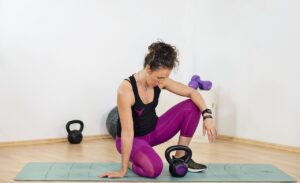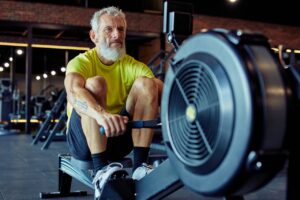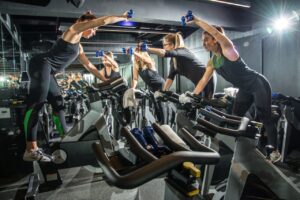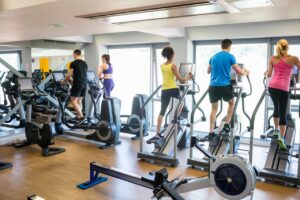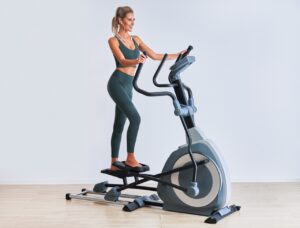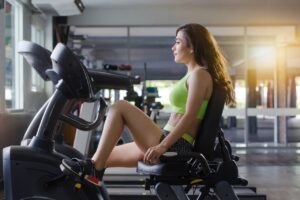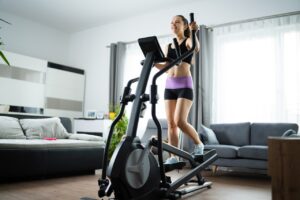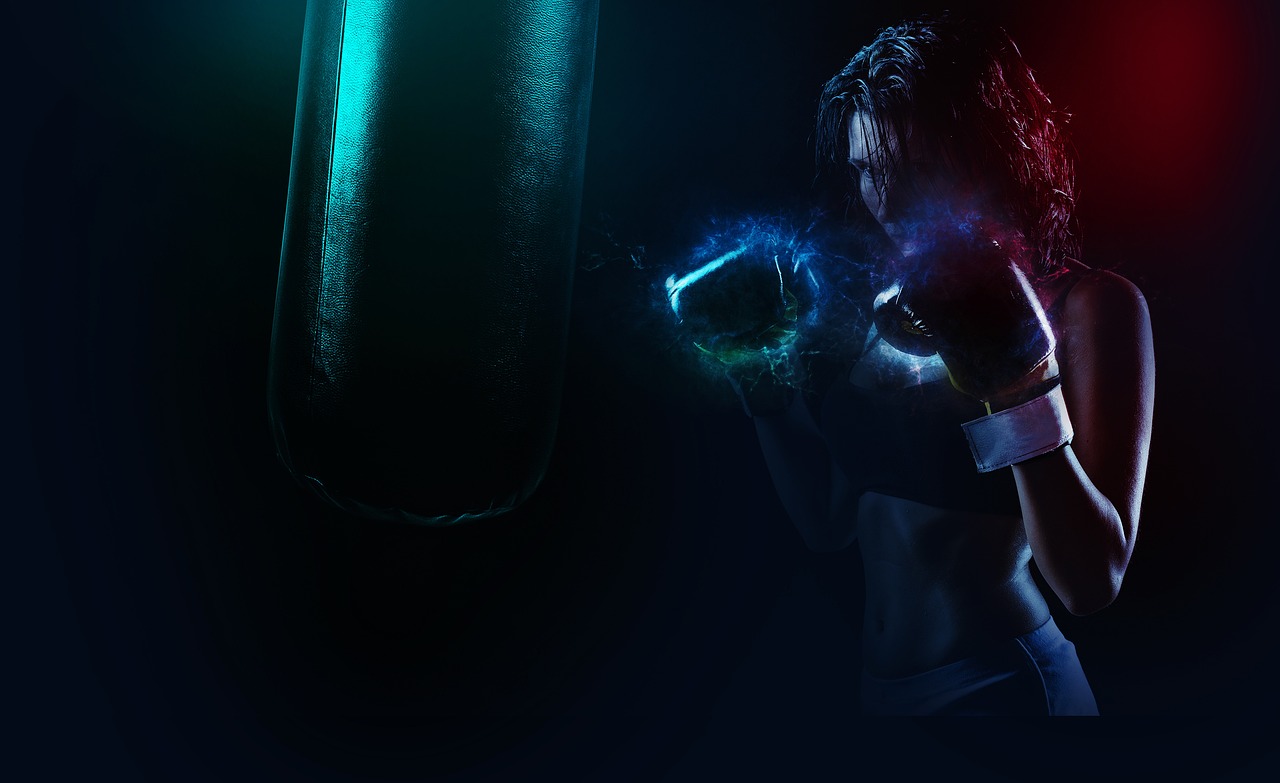
Athletes eat often because they are really hungry. After all, their essential energy stores will be depleted due to the adventures and sports they engage in. But, this is not always the case. There are some men and women who may seem to be regularly satiated, while others experience the urge of snacking. How much fluids do they require? Do they really need to consume sugar every time they go for a bike ride? To find the answers to these questions, you need to have a clear understanding of energy replacement and appropriate hydration.
Rather than fueling for sports, it is best for athletes to focus on fueling their bodies. Here are some fuel myths regarding how athletes eat and drink that have been busted to help you keep your weight real.
8 glasses of water
Everyone has heard of the classis 8×8 rule; drink 8 glasses of water a day, with one glass being around 8 ounces. But, the science behind this idea is shaky for the most part. In addition, most people are unable to estimate how much fluid they are consuming on a given day. If you are athlete, it is best for you to calculate your daily hydration requirements after taking your age, weight and sex into account. Generally, you need to get 80% from fluids and the remaining 20% from fluids present in food.
Hunger is dehydration in disguise
Another myth is that your brains often confuse your feelings of thirst for hunger because of dehydration, but there is no evidence to support this. The hypothalamus does regulate both hunger and thirst, the latter is more compelling and stable than the former in most people. People can go a couple of days without eating, but not without drinking. This means that the body knows when it is really hungry versus thirsty. Moreover, if you really want to achieve weight loss, it is best to drink a glass of water before eating a snack to prevent overeating.
Just add electrolytes
If athletes do not know how much they sweat, they will not be able to figure out what type and how much of replenishing fluid they need to add. The rate of perspiration varies from people to people and as you age. You need to figure out how much you sweat, based on different variables, such as exercise intensity, body temperature and outdoor conditions. This can help you figure out how much electrolytes you need to add before, during and after the exercise.
Focusing on fuel to go
If the human body receives sufficient macronutrients and energy, it can go on for about two to three hours on stored energy alone. You do not need a snack, or an energy bar laden with sugar to exercise. In fact, over nutrition is often the reason why people end up consuming extra calories and face difficulties in losing weight. If you plan on exercising for 2.5 hours or more, focus on what you eat before. Drinking water during exercise is also a good decision.


